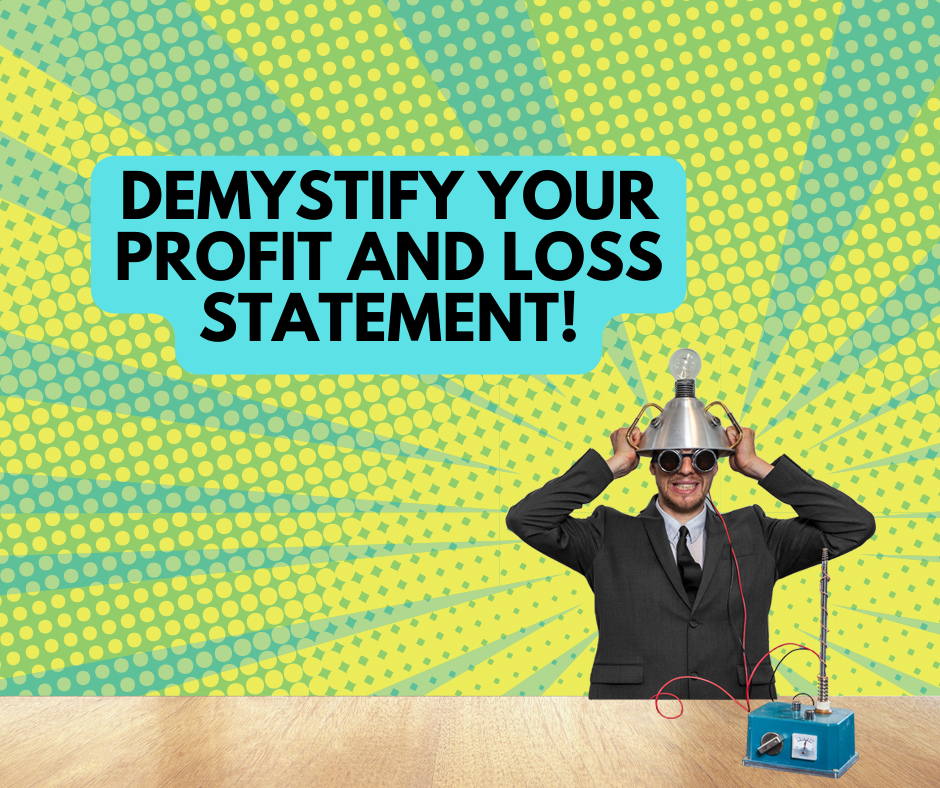Get the financial basics right!

Did you know that small and medium-sized enterprises (SMEs) are vital to the Australian economy? They make up over 90% of businesses and employ nearly half of the country's workforce. However, despite their importance, many SME owners and managers struggle with financial literacy, which can put their businesses at risk.
So, why is financial literacy so important for SMEs in Australia? Well, for starters, it helps SME owners make informed decisions. Being financially literate means understanding financial statements like balance sheets, income statements, and cash flow statements. This knowledge can help SME owners determine their current financial position, identify trends, and make decisions that can increase profitability and reduce risk.
In addition, financial literacy is crucial for securing funding. SMEs often rely on loans and investments to grow, but this requires a solid financial foundation and a solid business plan. By being financially literate, business owners can present their financial health and future projections accurately, which can increase their chances of securing funding from banks, investors, and other lending institutions.
Another benefit of financial literacy is that it can improve tax compliance and reduce the risk of audits. The Australian Tax Office (ATO) conducts regular audits to ensure businesses are paying the correct amount of tax. By being financially literate, SME owners can understand their tax obligations, ensure accurate record-keeping, and reduce the risk of penalties and fines.
Last but not least, financial literacy can help SME owners set and achieve their financial goals. Whether it's to increase profitability, reduce debt, or plan for retirement, financially literate business owners are better equipped to set realistic financial goals and create a plan to achieve them.
So, by understanding your financial statements, you can make informed decisions and take actions that can increase your profitability and reduce your risk.
But what are your financial statements and what should you be looking out for?
Let's start with the basics. There are three main types of financial statements: the balance sheet, the income statement, and the cash flow statement. Let's break down what each of these statements means and how to read them.
1. Balance Sheet
The balance sheet is a snapshot of your business's financial position at a specific point in time. It shows your assets, liabilities, and equity. Assets are items that your business owns, like cash, equipment, or inventory. Liabilities are debts that your business owes, like loans or accounts payable. Equity represents the value of your business, calculated by subtracting your liabilities from your assets.
2. Income Statement
The income statement shows your business's revenue and expenses over a specific period, usually a month, quarter, or year. It provides an overview of your business's profitability by subtracting expenses from revenue to calculate net income or loss.
3. Cash Flow Statement
The cash flow statement shows how much cash is coming in and going out of your business. It records cash inflows and outflows from operating, investing, and financing activities. Understanding your cash flow statement is critical because it shows your business's ability to generate cash, which is essential for paying bills and growing your business.
Now that you know the three main types of small business financial statements let's explore how to interpret them.
1. Analyze your balance sheet by comparing your current assets to your current liabilities. If your current assets are higher than your current liabilities, it means that you have enough cash on hand to meet your short-term obligations. If your liabilities are higher than your assets, it may be an indication that you need to cut costs or find ways to increase revenue.
2. Look at your income statement to understand your business's profitability. Check your gross profit margin, which is the percentage of revenue that remains after deducting the cost of goods sold. It indicates how efficiently your business is producing and selling goods or services. The net income or loss will tell you whether your business is making a profit or not.
3. Review your cash flow statement to understand your business's cash position. A positive cash flow indicates that your business is generating more cash than it is spending. A negative cash flow means that your business is spending more cash than it is generating, which could be a warning sign of financial trouble.
In conclusion, understanding small business financial statements is essential for making informed decisions about your business. By analyzing your balance sheet, income statement, and cash flow statement, you can gain a better understanding of your business's financial health, identify areas for improvement, and make informed decisions about future growth and investment. Take the time to learn and understand your small business financial statements, and you'll be well on your way to financial success.
If you own a Northern Territory business, and you’d like some help with understanding your finances, or any other business problem, get in touch with the team of Business Mentors at Business Enterprise Centre NT and we’ll be delighted to help.
That’s whether you’re in Alice, Darwin, Katherine, or anywhere in the Northern Territory, just give us a call on (08) 8923 6100.




